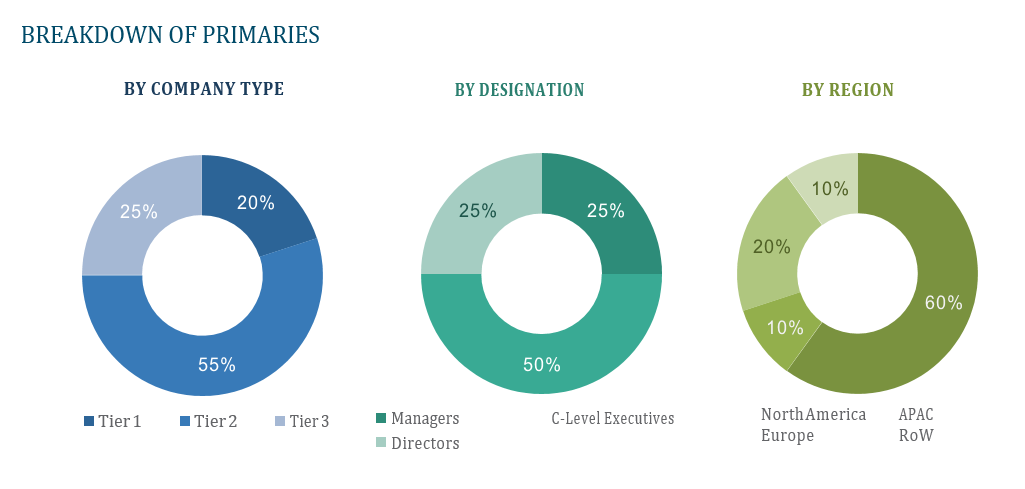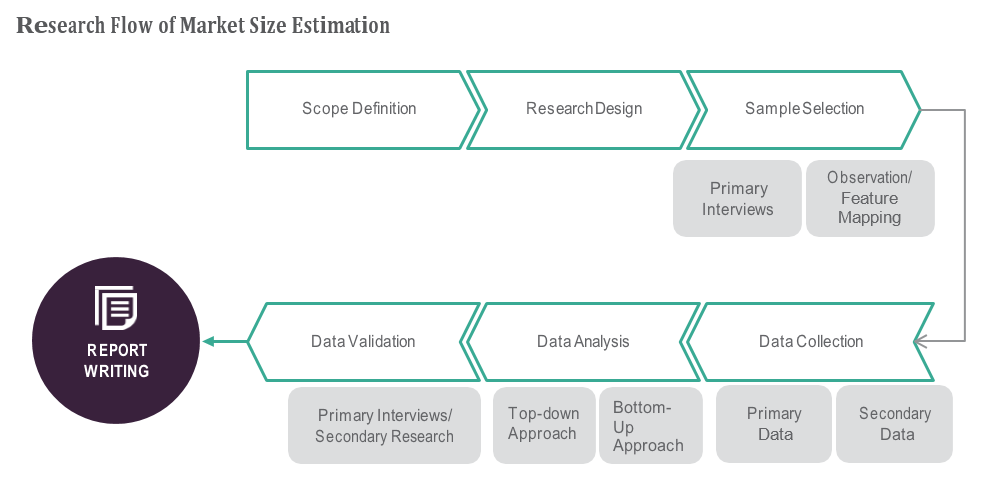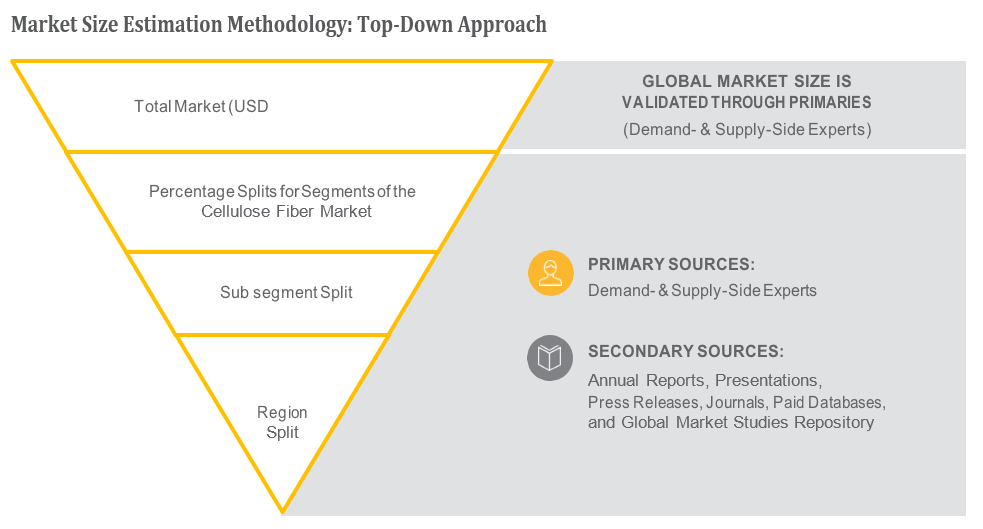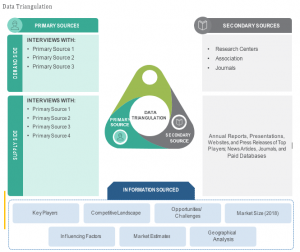OVERVIEW
Research by Global Market Studies has reported a CAGR of 7% for the Automotive Data Logger Market, expecting to expand to a value of USD 6.9 billion by 2028.
The automotive data logger market refers to the industry involved in the development, production, and distribution of data logging devices specifically designed for the automotive sector. Data loggers are electronic devices that record and store various types of data from vehicles during their operation.
Data loggers are essential in automotive testing, diagnostics, fleet management, research, autonomous vehicle development, performance monitoring, and compliance. They collect real-time data on engine performance, dynamics, braking systems, suspension behavior, and other critical parameters, aiding in fine-tuning and optimizing vehicle components. Fleet operators can monitor fuel efficiency, driver behavior, maintenance needs, and comply with regulations.
Market Dynamics
Drivers:
The growing demand for connected and autonomous vehicles necessitates robust data logging capabilities to gather and analyze data from various sensors and systems. Automotive data loggers play a crucial role in testing and validating the performance and safety of these advanced vehicles. They help in real-time monitoring and logging of vehicle parameters, enabling efficient maintenance and reducing downtime. They also record critical data related to vehicle safety, such as crash impact information, airbag deployment, and vehicle dynamics during accidents.
This data aids in improving vehicle safety systems and implementing necessary changes to enhance passenger protection. Fleet management optimization has grown as companies seek to optimize operations, reduce costs, and improve efficiency. Data loggers provide valuable insights into vehicle performance, fuel efficiency, and driver behavior, helping fleet managers make data-driven decisions.
Governments are imposing stringent emissions standards on vehicles, enabling automakers to comply with regulations and develop cleaner, more fuel-efficient vehicles. Ongoing research and development in the automotive industry drive the need for data loggers to collect precise and reliable data for analyzing vehicle performance, improving design, and developing innovative technologies.
Opportunities:
Automotive data loggers enable real-time collection, recording, and storage of various vehicle data, including engine parameters, speed, acceleration, braking, steering, GPS location, and sensor readings. These loggers offer connectivity options like Wi-Fi, Bluetooth, and cellular connectivity, allowing seamless data transfer to computers, cloud-based platforms, or mobile devices. They support multiple sensor inputs, such as CAN bus, OBD-II, analog, and digital inputs.
High-quality data loggers ensure accurate and reliable data, while durability and ruggedness are crucial for use in challenging environments. An intuitive interface is essential for easy configuration, data retrieval, and analysis. Compliance with industry standards and regulations is essential for ensuring accuracy and reliability. Some manufacturers offer customizable data loggers tailored to specific automotive applications, such as vehicle testing, research, or fleet management.
Restraints:
Automotive data loggers face several challenges, including cost, data security, privacy concerns, data overload, limited standardization, integration with existing systems, and regulatory compliance. The initial investment and ongoing maintenance costs may deter potential buyers, especially small businesses or individual automotive enthusiasts.
Data security and privacy concerns arise from the collection and storage of sensitive data from vehicles, and manufacturers and users must implement robust cybersecurity measures to protect against unauthorized access or malicious attacks. Data overload and analysis complexity arise from the vast amount of data generated from multiple sensors in modern vehicles, requiring specialized skills and resources.
Limited standardization and integration with existing systems may also pose challenges, especially in older vehicles or models with limited connectivity and sensor compatibility.
Regional Information:
North America:The North American automotive data logger market is driven by the presence of leading automobile manufacturers, ongoing R&D activities, and the increasing focus on connected and autonomous vehicles. Stringent emission regulations in the United States also contribute to the demand for data loggers to monitor vehicle performance.
Europe: Europe has a robust automotive industry with a strong emphasis on vehicle safety and emissions control. Data loggers are widely used for vehicle testing, emissions monitoring, and compliance with strict regulations in countries like Germany, France, and the United Kingdom.
Asia-Pacific: The Asia-Pacific region is witnessing rapid growth in the automotive sector, with countries like China, Japan, and South Korea being major contributors. The increasing demand for connected and electric vehicles, along with government initiatives promoting emission reduction, fuels the adoption of data loggers in this region.
Recent Developments:
• June 2021 National Instruments announced its ECU Test System offering. The ECU Test System (ECUTS) is a best-of-both-worlds solution that combines standardization with the flexibility to drive efficiency in tester development, maintenance, and test time. NI integrated the first level of common components into a standardized test architecture to save customers time in the development process and simplify tester maintenance. Because of the modular PXI design, testing is flexible and can scale across a range of body, chassis, and powertrain ECUs (based on the instrumentation selected.
Key Players:
Continental AG, National Instruments, MadgeTech Inc., Vector Informatik GmbH, NSM Solutions, Dewesoft d.o.o., Danlaw Technologies India Limited, Transtron Inc., HEM Data Corporation, Intrepid Control Systems, Inc., Ipetronik GmbH & Co. KG., and Influx Technology.
Frequently Asked Questions
1) What is the projected market value of the Automotive Data Logger Market?
– The Automotive Data Logger Market is expected to reach a value of USD 6.9 billion by 2028.
2) What is the estimated CAGR of the Automotive Data Logger Market over the 2023 to 2028 forecast period?
– The Automotive Data Logger Market is expected to grow at a CAGR of approximately 7% from 2023 to 2028.
3) Who are the key players in the Automotive Data Logger Market?
– Continental AG, National Instruments, MadgeTech Inc., Vector Informatik GmbH, NSM Solutions, Dewesoft d.o.o., Danlaw Technologies India Limited, Transtron Inc., HEM Data Corporation, Intrepid Control Systems Inc., Ipetronik GmbH & Co. KG., and Influx Technology.
4) What are the drivers for the Automotive Data Logger Market?
– The increasing demand for connected and autonomous vehicles requires robust data logging capabilities for real-time monitoring, safety analysis, fleet management optimization, and compliance with emissions standards. These loggers aid in improving vehicle performance, design, and innovative technologies.
5) What are the restraints and challenges in the Automotive Data Logger Market?
– Automotive data loggers face challenges like cost, security, privacy, overload, limited standardization, integration, and regulatory compliance, requiring specialized skills and resources.
6) What are the key applications and offerings of the Automotive Data Logger Market?
– Data loggers are crucial in automotive testing, diagnostics, fleet management, research, autonomous vehicle development, performance monitoring, and compliance, collecting real-time data on engine performance, dynamics, and components.
7) Which region is expected to drive the market for the forecast period?
– Asia Pacific has the highest value share in the global market and is expected to dominate shares in forecast period.
Why Choose Us?
Insights into Market Trends: Global Market Studies reports provide valuable insights into market trends, including market size, segmentation, growth drivers, and market dynamics. This information helps clients make strategic decisions, such as product development, market positioning, and marketing strategies.
Competitor Analysis: Our reports provide detailed information about competitors, including their market share, product offerings, pricing, and competitive strategies. This data can be used to inform competitive strategies and to identify opportunities for growth and expansion.
Industry Forecasts: Our reports provide industry forecasts, which will inform your business strategies, such as investment decisions, production planning, and workforce planning. These forecasts can help you to prepare for future trends and to take advantage of growth opportunities.
Access to Industry Experts: Our solutions include contributions from industry experts, including analysts, consultants, and subject matter experts. This access to expert insights can be valuable for you to understand the market.
Time and Cost Savings: Our team at Global Market Studies can save you time and reduce the cost of conducting market research by providing comprehensive and up-to-date information in a single report, avoiding the need for additional market research efforts.












